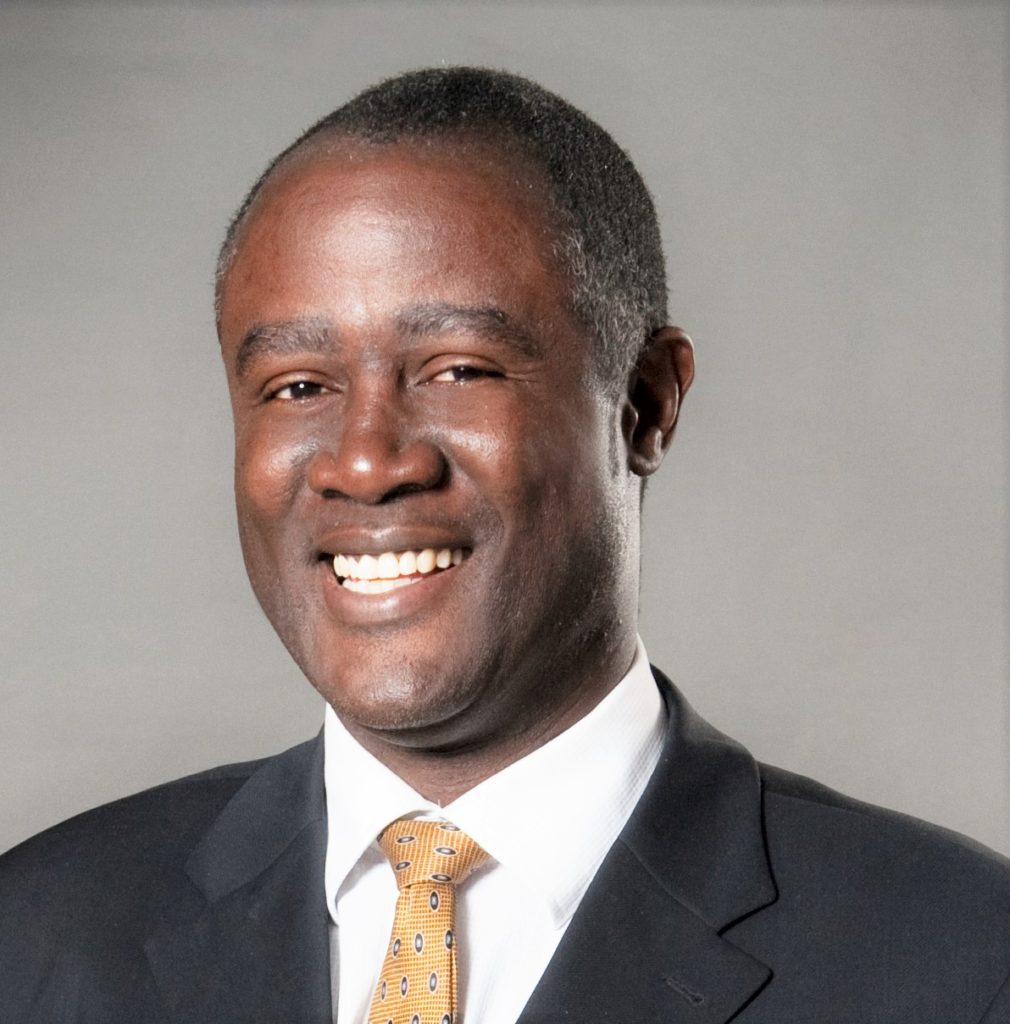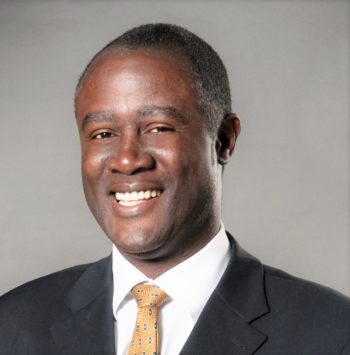
Election 2021: “Who Gets What, When and How?”
By Fred Sherman
Principal, Hill Solutions Public Affairs
www.hillsolutions.ca
Who should form the next Government of Canada?
More significantly, what role will the Black Community have in influencing that outcome?
For the second time in less than two years, political finger-waggers are warning us that this is the most “important” election of our lives. As a matter of fact, we heard that same refrain not only in 2019; but also in 2015, 2011 and practically every other federal election since smoke-filled back rooms were eschewed in favour of quantitative science as a tool for electoral success.
So, if this has to be the most important election of our lives, then what is really at stake?
Perhaps the most simple definition of politics is “…who gets what, when and how.” For Canadians, that is a billion dollar proposition. But sadly, the first step in that most important decision-making sequence is voter participation — or basically showing up at the ballot box.
That is something which Black folks just don’t do enough.
The numbers reveal that enthusiasm and turnout among Black Canadian voters has subsided over the past few decades — particularly young people. Some studies further suggest that a range of systemic socio-economic factors, a lack of trust in political parties, and a general sense of futility contributes to low voter turnout. This can also be described as Black voter apathy.
On the other hand, we have seen what enthusiastic engagement looks like when Black people sense a real stake. This was seen in 2008 when the same confluence of technology and data yielded the first Black president of the United States, ostensibly the most powerful role in the world. Many Canadians did practically everything shy of casting a vote. Of course, only Americans could vote for the US president.
But with those same tools, we also saw the political pendulum swing aggressively in the opposite direction, leaving many wanting. Most Black voters were aligned with the popular vote, but still large numbers had not bothered to vote. The Electoral College rendered accordingly.
That brings us to this election.
What is the mood? Is there a galvanizing sense of purpose spurred by the lingering image of George Floyd’s murder which inevitably also prompted Canadian society to take a deeper look at systemic racism? Is there a stirring compunction to go out and vote based on national data that beckons the need to meaningfully address perpetuated racial disadvantage for Black people in this country?
If one were to even begin to think about voting, how should that vote be cast? Make no mistake, political bean-counters are watching. Electioneering has become a sophisticated numbers game. The actions or inactions of Black voters in this election will be the data upon which future political calculations will be made. It will also influence how the government responds — or simply, who gets what.
This is not to suggest that the Black Community is a single-minded voting monolith. It is healthy and wise to be represented in all aspects of the political spectrum. That is a good thing. But it also shows that the Black Community cares to participate. In close elections which are happening more and more often, those votes can make the difference.
But as political strategists consider past data patterns, it is likely that we will arrive at Election Day again with no meaningful debate on issues relevant to Black communities. Why is it not important to the major parties to have a meaningful debate on the prevalence of Black children living in poverty? What about persistent inequities in education or criminal justice?
Should Black people be influenced by action or inaction relating to Afghanistan? Should Black votes depend on climate change and the environment? Who should be trusted with the national economy? Should the personal integrity of our politicians matter? What about values? What about socio-economic disadvantage?
Is there any other way, other than showing up to vote, that we can better urge government policy that addresses root factors that influence the quality of life of Black people such as neighborhood, education, housing, food security, income, and health services?
On the ballot this election, there are powerful reasons for the Black community to sense a stake.
Despite intersectional challenges, last year we saw Black women blast on to the political stage in unprecedented and exciting ways. Three most notable, an accomplished lawyer and leadership contest runner-up for the Conservative Party is now a candidate in the Southern Ontario riding of Haldimand—Norfolk. The next, a Princeton educated lawyer who last year won the leadership of the Green Party, breaking unchartered territory for a Black man or woman in the 153 year history of this confederation. She would go up against the third notable, a popular national television icon for the Liberal Party — in the Toronto Centre riding. The lawyer earned a historically high vote share for the Greens, but the broadcaster was able to maintain the Liberals’ 28-year grip on that riding.
But when she returned to her party deserving of plaudits, she found a unwieldy dose of racism waiting for her even as she stewarded a 9% increase in year-over-year fundraising for her party. The internal strife would spill into public view, creating an untenable situation for the new leader.
So then, what is the ballot question? More specifically, what is the charge of the Black voters of Toronto Centre? Is there an opportunity to make a statement against racism? Or should the votes or non-votes just fall where they may?
Ultimately, it is about choice. And perhaps most important is the choice to recognize forbearers who fought through prejudice and discrimination to secure the right to vote in the 1800’s.
Most importantly, Black Canadians have to vote. Staying home and not voting should not be an option. That is simply an unaffordable luxury. The stakes are high. The consequences are high.
Politics is about who gets what, when and how. Voting is a critical step in building the Canada of tomorrow.
Fred Sherman is a strategic communications and leadership expert, and principal at Hill Solutions Public Affairs (www.hillsolutions.ca). His record includes the historic Black History Month Motion, Canada’s National Action Plan against Racism, the Mathieu DaCosta Award, and the Lincoln Alexander Day Motion. A University of Windsor alumnus, he serves on various government and community boards and is a founding steward of a University of Ottawa Law Faculty scholarship for disadvantaged Black students.


Thanks for this insightful and thought provoking article. Very good read.